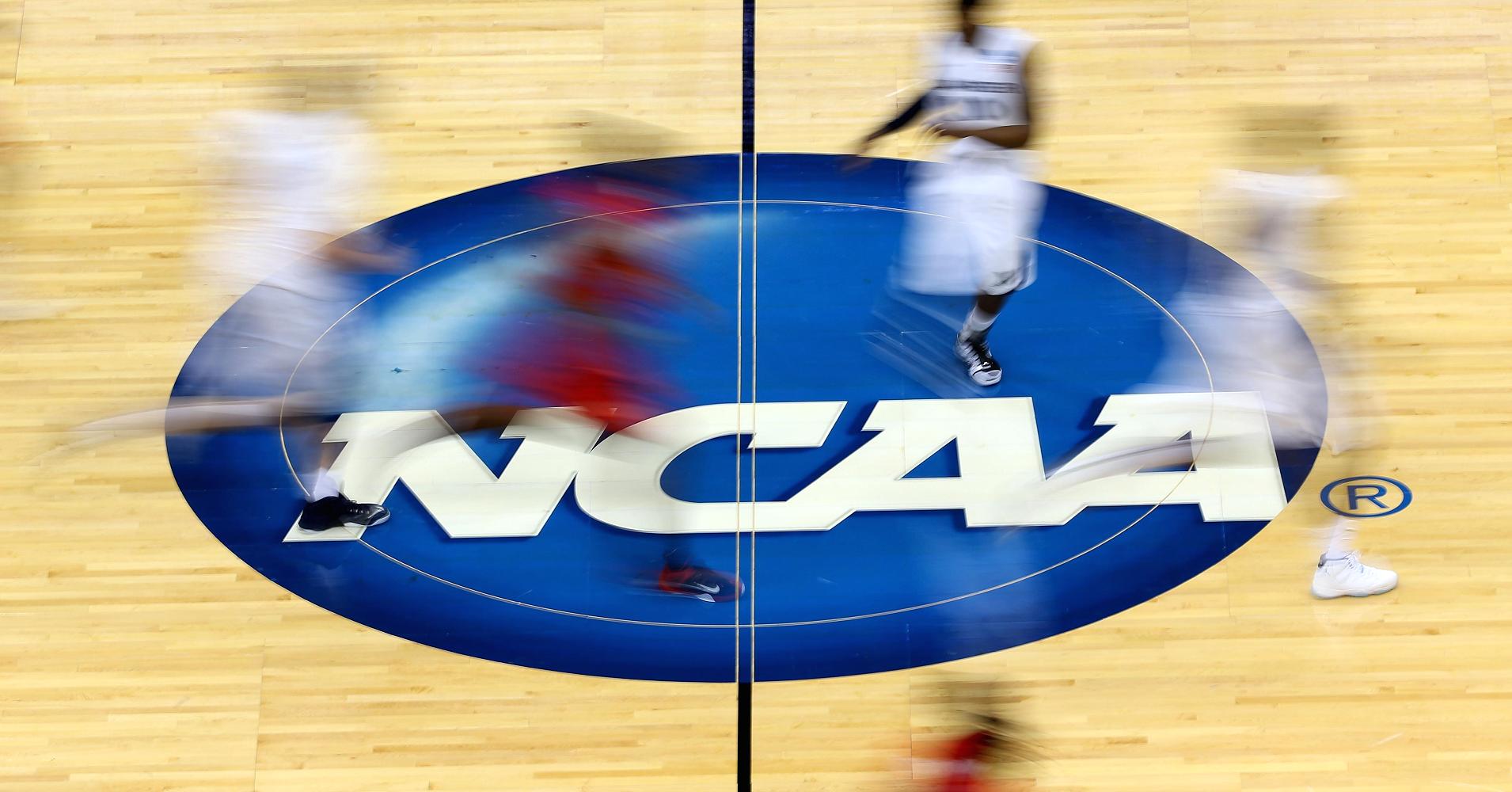
Basketball fever will soon be unleashed, as college basketball’s annual “March Madness” tournament nears. Nearly 70 of the best NCAA Division 1 (D1) teams will play in the “big dance” elimination tournament, where anything can happen — and often does.
Only this year, college basketball finds itself in a precarious place. An FBI investigation that was revealed last month rocked the sports world. The details uncovered some of the most well-known, highly respected programs participated in a pay-for-play operation filled with allegations of widespread bribery and corruption.
For years, there have been calls for reforms to college sports, amid pleas by players to receive compensation for efforts that have earned millions of dollars for schools and universities across the country. While universities are currently permitted to provide a free education for student-athletes in the form of scholarships, the NCAA model is based on the idea of amateurism.
The NCAA has established a committee to fix college basketball. Last October, NCAA president Mark Emmert announced former Secretary of State Condoleezza Rice will lead the committee to clean up college basketball.
It is a situation where nearly everyone wins – except the student-athletes, some say.
Patrick Rishe, director of the sports business program at Washington University of St. Louis, told CNBC recently that student athletes should be allowed “under the supervision of an NCAA clearing house (or conference clearing houses if more manageable), to earn endorsements for their name, image, and likeness from corporate endorsers. The clearing house would work as middle men or agents between student-athletes and corporations looking to work with these athletes.”
Rishe said that to receive their full endorsement earnings during their sophomore year, they must maintain a minimum grade point average (GPA), and complete their sophomore year in its entirety.
“These payments aren’t coming out of the university’s pockets…so it does not raise costs for schools, and does not impact Title IX,” he said, adding that such a system would entice some student-athletes to stay in school longer than they otherwise would.
However, Emmert has long argued that paying college athletes could hurt schools financially and cause smaller programs to cease to exist.
Testifying in 2014 at the federal trial for former UCLA player Ed O’Bannon’s lawsuit against the NCAA, Emmert said: “If college athletes were to be paid, many schools would leave Division 1 sports.” He insisted that the universities that stayed in D1 sports would have to cut other smaller sports programs in order to be able to afford salaries.
But sports banker and deal maker Sal Galatioto of GSP Partners thinks the NCAA’s argument is a specious one. “Nobody is going pro in volleyball or rowing,” he told CNBC recently.
If schools can’t fund those sports as NCAA sports, it shouldn’t matter that much. “That’s too bad. It’s just an activity, and those students are studying anyway,” he said.
Galatioto also pointed out that the Ivy League doesn’t give out athletic scholarships, and still gets the best students, so the NCAA’s current approach in connecting schools and money doesn’t make a lot of sense.
Marc Ganis, co-founder of SportsCorp., voiced a more conservative approach to paying student athletes. “Pay athletes like other “work/study” students. Typically minimum wage but it would apply to all the hours they are involved in organized supervised activities,” he added.
Ganis also believes the NCAA should be the administrator of loans to pay for specific expenses, including costs associated with family, insurance and other items.
“These are to be repaid by the student athletes by those who make a living playing professionally up to an agreed percentage of their professional salary,” he said. “This would result in the stars who borrow from the pool subsidizing those who don’t have a pro career who borrowed from the pool.”
In order to weed out the bad actors, Ganis suggested an independent clearinghouse would be needed. “This minimizes the likelihood of shady back alley deals and the like, it would be well worth it.
Another expert floated the idea of a mediator with vested interest, like the NBA. The professional basketball league could build “some type of program off of its status as vanguard of the sport, and attention to growth of the game, development of its players, and corporate social responsibility,” said Lee Igel, a professor at NYU’s Tisch Institute for Global sports.
Meanwhile, many believed that violators should pay for wrongdoing. Ganis said that a top tier violation should result in no program for one year; if repeated, the athletic department should lose its tax exempt status temporarily.

